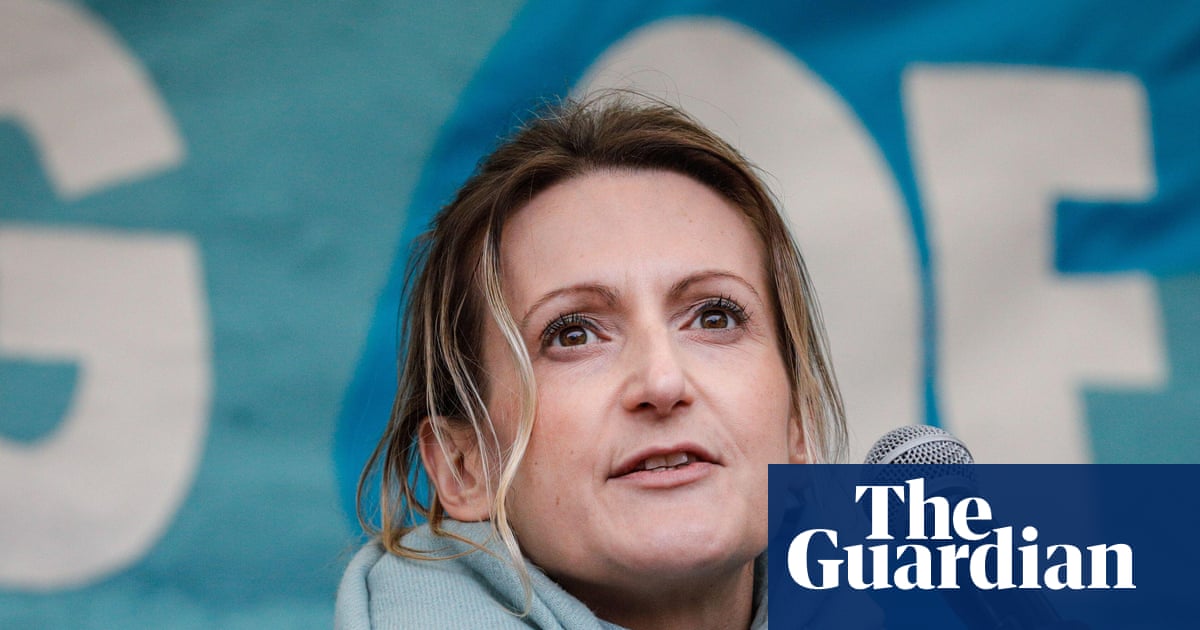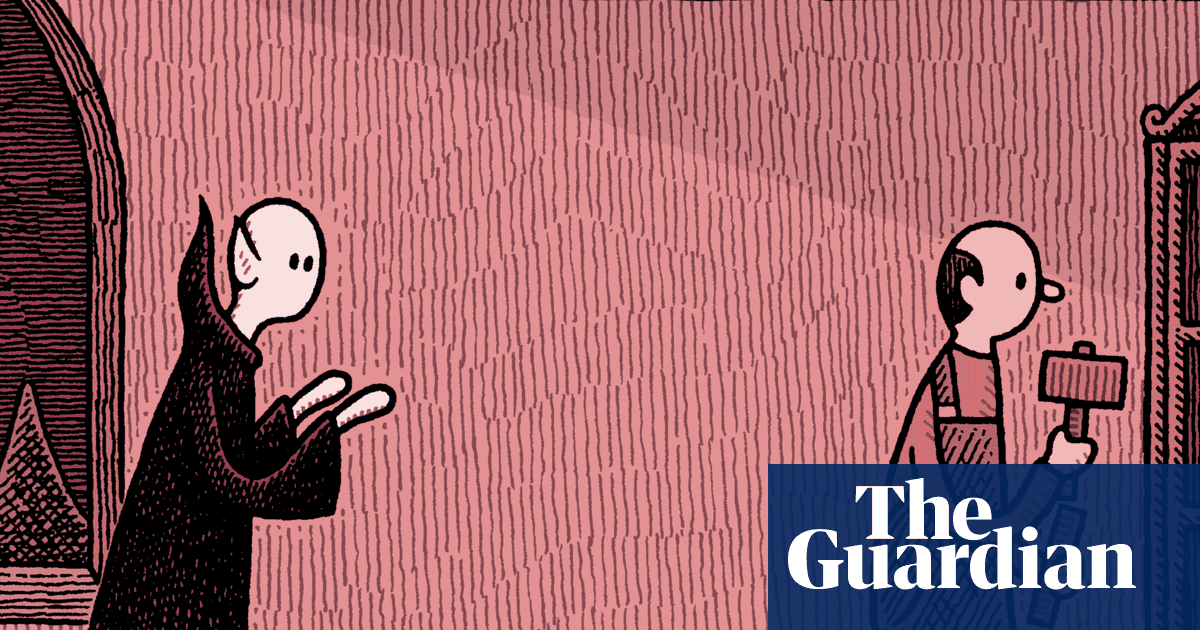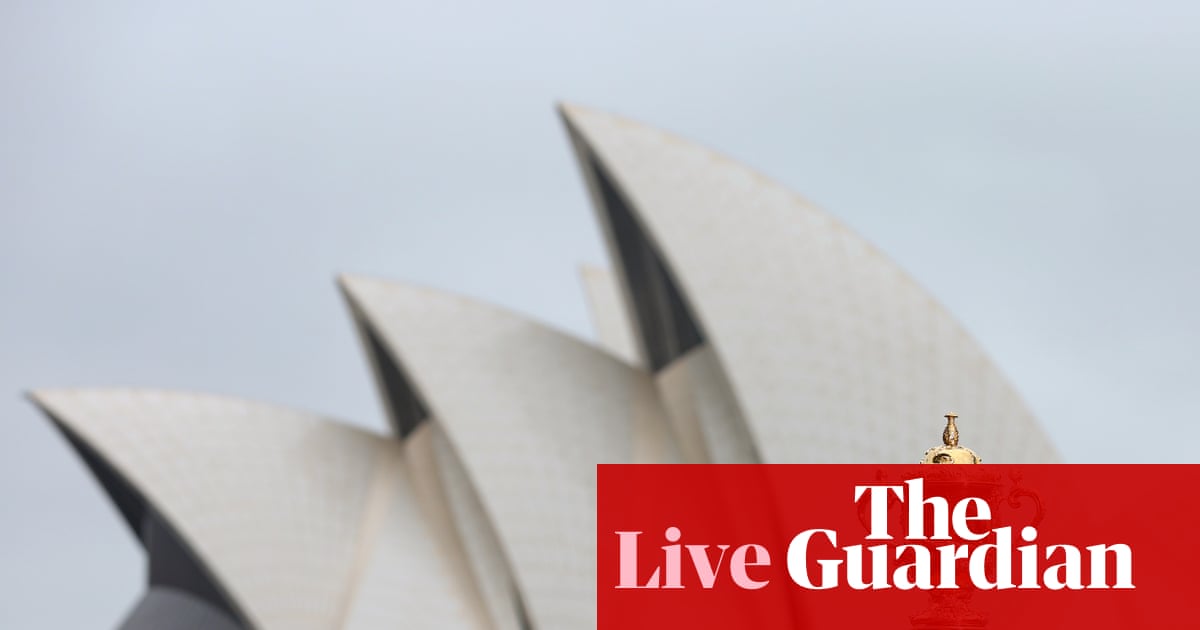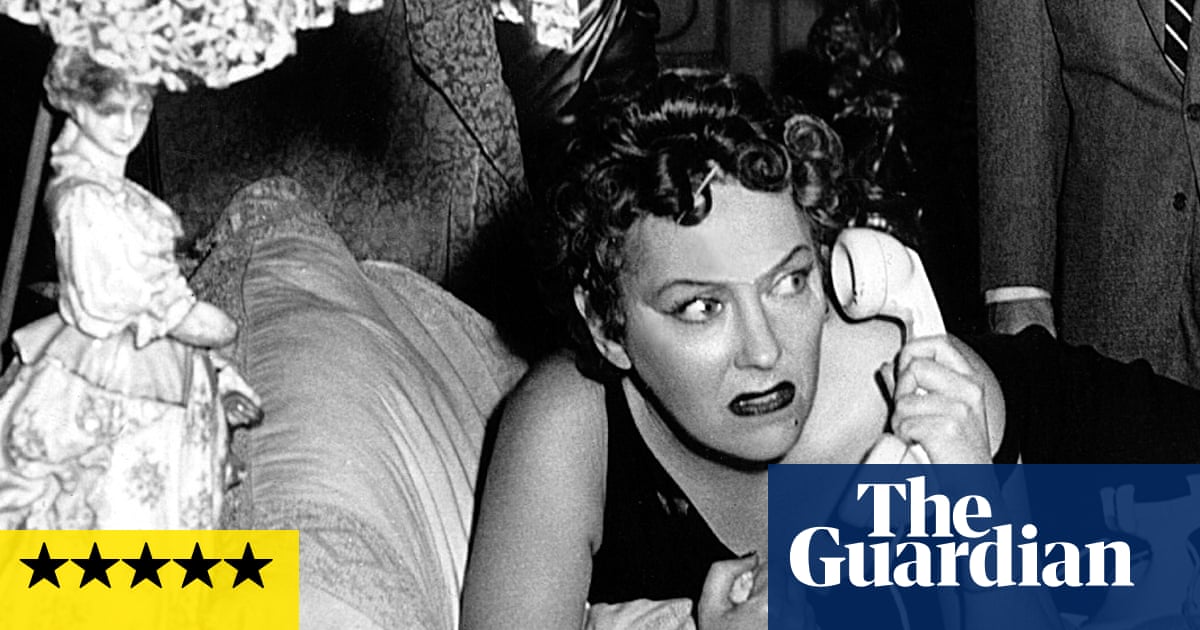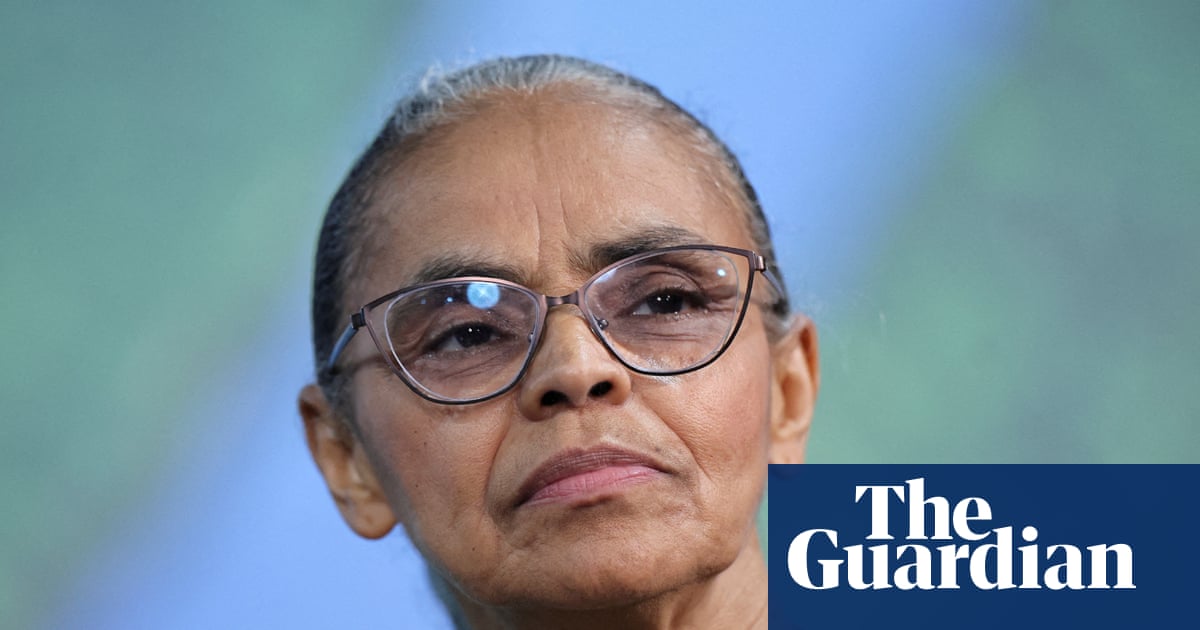The work of the poet Maurice Rutherford, who has died aged 103, ranges from love poems and elegies for his late wife to friendly, witty, but sometimes politically trenchant responses to poems by Philip Larkin, and demonstrates that a poet can be a master of language and form without compromising the authentic voice of working-class experience.
It was not until he was in his 50s that, during a 10-year period of voluntary service with the Samaritans, Maurice first tried his hand at verse. As a branch publicity officer, one of his tasks was the monthly production of an in-house newsletter, and he decided to print, anonymously, a comic anecdote in verse form. When he asked a colleague who was a grammar school teacher what he thought of the contributor’s effort, the answer was dismissive: it did not rhyme or scan! Maurice decided to take up the challenge.
An industrial technical writer by profession, he knew something about the building of ships. Now he would investigate the craft of poetry construction. In the public library, he discovered The Oxford Book of Twentieth-Century English Verse, chosen by Larkin. He bought the book – the first collection of poems he had ever owned.
At this stage the poets who captured his attention were those who wrote movingly of their second world war experiences, such as Charles Causley, Keith Douglas, Vernon Scannell and, especially, Herbert Read, whose poem Naming of Parts showed Maurice a picture from his own life as an 18-year-old conscript in charge of his first rifle.

Maurice’s poetic skills and public presence flowered. Importantly, he went deeper into the work of the Welsh poet RS Thomas, and developed his “ear” for the music of language. He attended courses run by the Arvon Foundation. There were poetry competition successes, and increasing appearances in literary journals.
In 1982 he published a first collection, Slipping the Tugs, with Lincolnshire and Humberside Arts, bringing to life the streets and people of Hull, the “rust-measled” ships and “ebbed-out estuary”, “the quiet men” and their war stories.
His subsequent publications are This Day Dawning ( 1989), Love is a Four-Letter World (1994), After the Parade (1996), And Saturday is Christmas, New and Selected Poems (2011) and Flip Side to Philip Larkin (2012). Readers, critics and poets were enthusiastic. Causley, reviewing This Day Dawning, described Rutherford as “a totally original voice, sure, wide-ranging, very moving and arresting, as well as often being very funny”.
Maurice shared a birth year with Larkin, but had a very different experience of Hull, east Yorkshire, the city where Larkin spent much of his life and where Maurice was born. He clearly relished writing as one of the everyday people Larkin had described as a “cut-price crowd”. In his poem View from Hessle Road, dedicated to Jean Hartley (Larkin’s Hull publisher), he adapts some of Larkin’s words with mischievous intent, imagining the local response to “Hull’s late bard”: “Oozee? … / “We’ve never ‘eard of ‘im down ‘Ezzle Road. / No, bollocks. Poetsarra … crowdacraps!” However, Maurice, who, like Larkin, identified with no poetry movement, admired and learned a lot from his contemporary. Both were brilliant technicians and, though realists, could write with great lyrical sensitivity, especially when observing the natural world.
Maurice was the son of Evelyn Rutherford, a manager for a salt cod curing business in Hull, and his wife, Maud (nee Rawson), and had three siblings, one of whom, Barbara, went on to write historical novels. He enjoyed poetry at school, but opportunities were limited: he left Hull Commercial College aged 16 to work as a clerk at the Hull Graving Dock. His second world war service was initially with the King’s Own Yorkshire Light Infantry and later with the Royal Armoured Corps, his duties taking him to Italy and North Africa. He left with an exemplary record.
Olive Gray, his wife-to-be, was in the Women’s Land Army in Sussex during the war. She and Maurice met at a dance, were married in 1947, and went on to have two children, Ian and Jeannie. Maurice’s postwar career continued in the Humberside shipbuilding and engineering industries, where he was a technical writer, and prepared accounts and estimates for ship repairs. He took early retirement in 1986 when Humber Graving Dock went into liquidation and moved back to Yorkshire.

In 2016, he collaborated with Jeannie, an artist, on Marshalled Musings, an illustrated miscellany of short prose meditations and new poems. Also a gifted photographer, he curated, with the help of his granddaughter, Katy, and the leading music industry photographer Dan North, an exhibition of his rhymed haikus and accompanying photos, which ran at Cliffs in Cliftonville, Kent in 2019.
In 2023, at the age of 100, Maurice, by then blind, was recognised by the University of Hull with an honorary doctorate. Before he heard about the honour, he had had a dream, and recorded it in a poem that ends by imagining, “The day my parents would have loved, / Mum in cherried hat and lemon-gloved, / My father standing taller than his height, / Willing this dream hold firm come morning’s light.” Yes, it rhymes and scans – but what’s unforgettable is the timelessly sharp and loving vision of two proud parents.
Working at the University of Hull’s Larkin Centre for a period, I had the pleasure of discovering Maurice’s poetry and meeting him in person. I went on to feature him twice in the Guardian poem of the week series: The Autumn Outings in 2009 and Mist in 2022.
Olive died in 2012. Maurice is survived by Ian and Jeannie, by two grandchildren, Katy and Alec, and four great-grandchildren.

.png) 1 month ago
42
1 month ago
42
